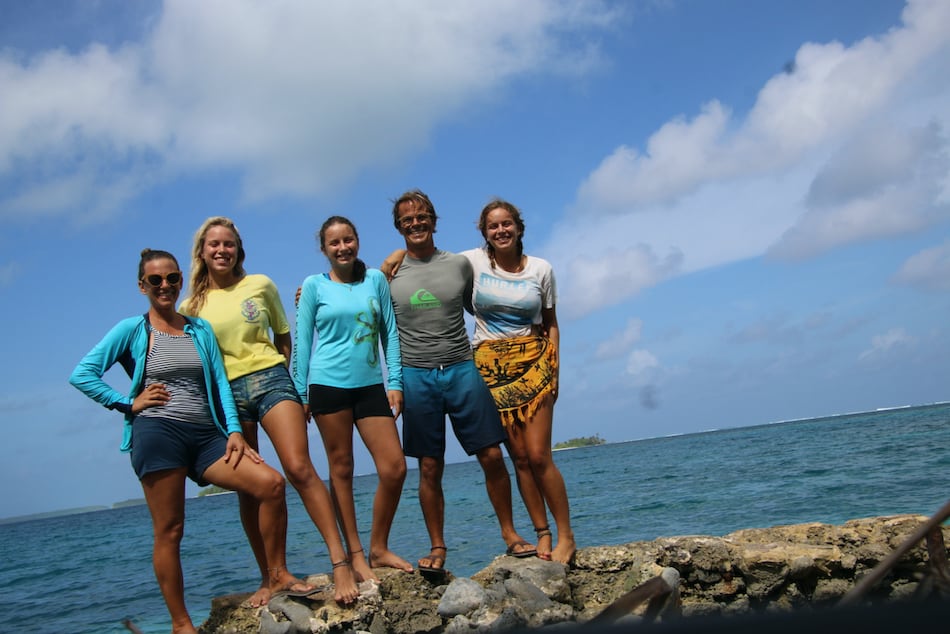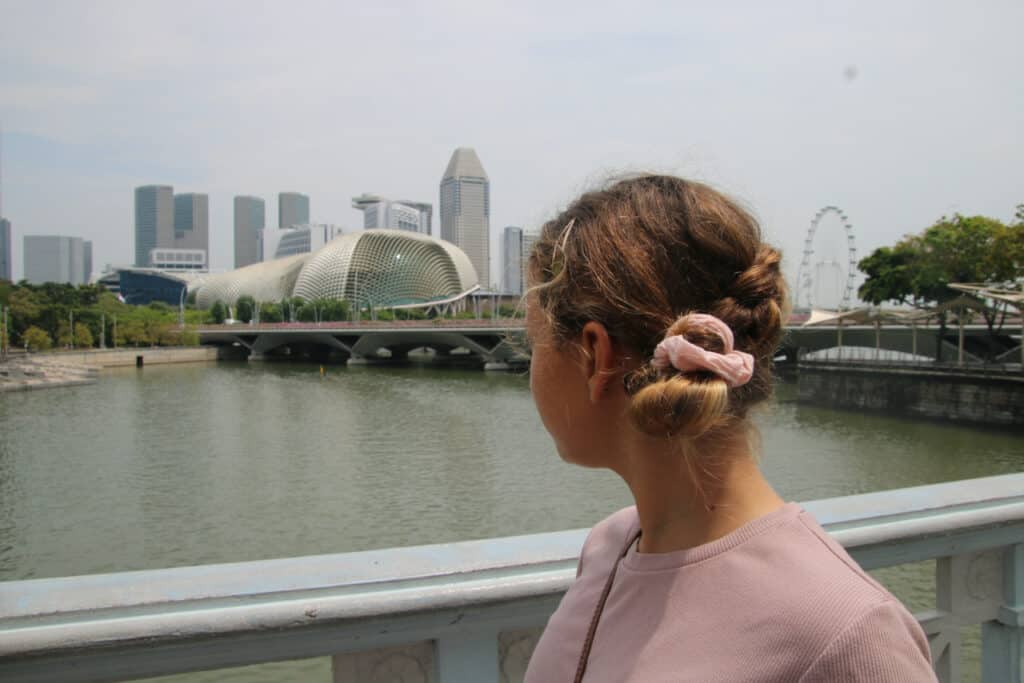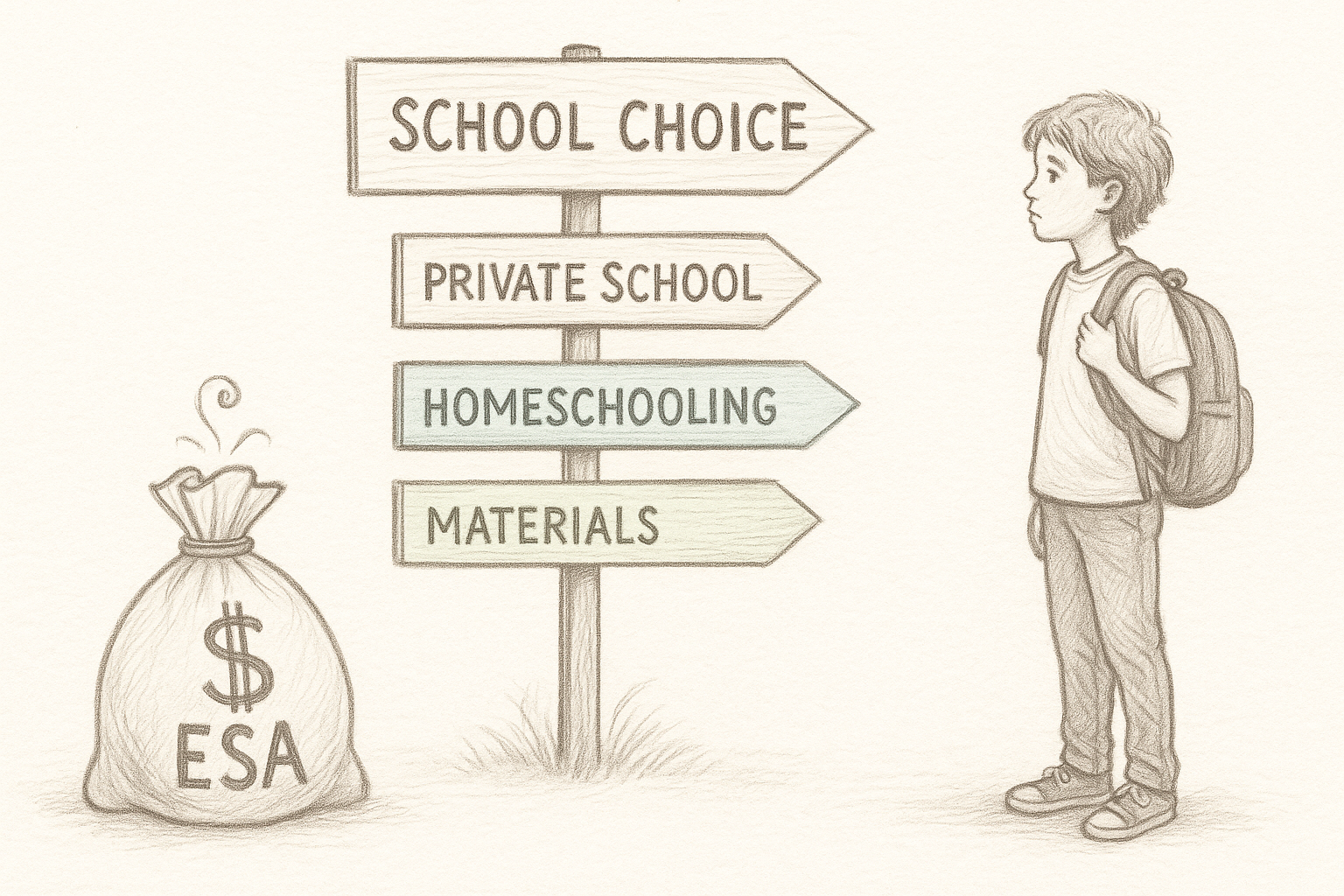Pre-pandemic, the typical digital nomad was a young, childless professional who lived a couple of months here and a couple of months there, skipping from coworking hub to coworking hub, from Bali to Lisbon to CDMX. Like so much, this changed with the pandemic as older professionals with families transitioned to remote work. As more and more of them realized that they wouldn’t be returning to the office anytime soon—and probably never—the idea of living abroad as a digital nomad suddenly seemed doable. Enter the digital nomad family.
Sounds great. Except for one big problem: School. How should the digital nomad family tackle schooling?
Sure, you can wake early or go to bed late in order to stay plugged into work; and covering the mortgage is easy with AirBnB. But, what does a family do about kids who are enrolled in school and on track for college. There’s a lot at stake. It’s the biggest pain point for a family considering the digital nomad life.
Luckily, we now live in a world of extreme possibility in education, and there are a ton of options for digital nomad families.
Homeschooling Explodes
Firstly, there are now about 4 million kids homeschooling in the U.S., representing about 6% of the total school-aged population; naturally, this implies an increase in digital nomad kids and families as well. That number’s been growing steadily over the years, and skyrocketed in 2020-2021. As a result, there’s a solid ecosystem of resources for homeschoolers that digital nomad families can tap into. Yes, a lot of this in the U.S. has been dominated by Christian families desiring Christian curricula. However, if that’s not your thing, there’s a ton of secular stuff out there, including the popular facebook group Secular Eclectic Academic Homeschoolers, which has over 77k members. (Eclectic means you don’t follow a single curriculum, but combine a lot of different things.)
To learn more about homeschooling, generally, you might follow a top homeschool influencer like Wendy Hilton at Hip Homeschool Moms, join a Facebook group like Homeschooling Middle and High School, and subscribe to the r/homeschool subreddit. These are good places to dip your toes into the possibilities surrounding school for digital nomad kids.
Online School for Nomad Kids
One of the most popular strategies for homeschoolers is an online school like Stanford Online or Oak Meadow. These have exploded lately, and in many cases rival brick and mortar private schools in terms of teacher quality. They work great for a family in one place with solid internet. However, with their fixed class times, they don’t pose a great solution for a digital nomad family who may be 10 or 12 time zones away from the cohort, or in a place where super strong internet isn’t always 100% available.
On top of this, a lot of the digital nomad family often has an unpredictable schedule because they want to immerse themselves in a place. So, a tightly scheduled school option can be tough. So, how do we perfect the digital nomad academy?
Asynchronous Learning in Digital Nomad School
An alternative to joining a program where a kid has to login everyday, all day, is an asynchronous program where a digital nomad kid can work when it suits her best and at her best pace. These kinds of programs work in a lot of different ways. There are ones that are 100% online like Khan Academy and Galileo XP. Then there are the ones where you get the videos offline and can do them without internet, emailing your work in. Derek Owens math works this way.
Asynchronous learning is the default mode for a lot of distance learning programs like Australia’s famous School in the Air and is popular with families whose kids pursue a serious sport, art, or other activity. We know a family who run a surf resort and whose kids are serious surfers. They don’t know from day to day whether the surf will be epic, and so asynchronous programs work very well for them.
The Teacher Problem
One big issue for a digital nomad family is losing a direct relationship with teachers. For families used to private school or small, exclusive public schools where student-teacher ratios are a big part of the value, this can leave a serious void that feels more and more perilous the older the kid. To address this some families gravitate toward tutoring services like Wyzant or Varsity Tutors. However, with some exceptions, most of the tutors one finds here are recent college grads, not professional teachers; and the structure is usually traditional tutoring: someone to support an existing course, help with homework, etc. rather than someone to build an actual course of study. A digital nomad family needs more thorough options.
There are a few places where families can find professional teachers and have them design custom courses. Cicero is one, of course. One big advantage with this model is that it gives digital nomad families the freedom to curate a curriculum. For example, in my family, we’ve taken a standard, college-bound high school curriculum that you might find in any elite private school and molded it around our travels so that the content relates to our kids. At the same time, by selecting teachers who have taught in some of those elite private schools we feel like we’re getting the best quality instruction. Cicero works closely with digital nomad families.
A huge differentiator with private teachers is a class size of one for fully private or very small with a learning pod—often 2 or 3. The digital nomad academy structure is a completely different game. If you consider that the average class size of a private school in the U.S. is 12, the amount of personalized attention is 4-5x with this kind of educational format.

Digital Nomad Family
Digital nomads with children are understandably, always on the lookout for the most enriching opportunities for their kids. For most families, education is a top priority, which is why spending on education skyrocketed during the pandemic. So, the trepidation that some may feel about cutting ties and setting out for the territory as a family makes complete sense. There’s a lot at stake, and we don’t want to ruin our kids.
But, in today’s world where there are so many resources and possibilities for worldschooling, and where skills like empathy and being comfortable out of your comfort zone are so important, a lot of parents are taking the opposite view: that staying home may be the greater risk. For them shifting to become a digital nomad family and building the educational apparatus to support that lifestyle is an excellent choice. It will be a life changer, for sure.









